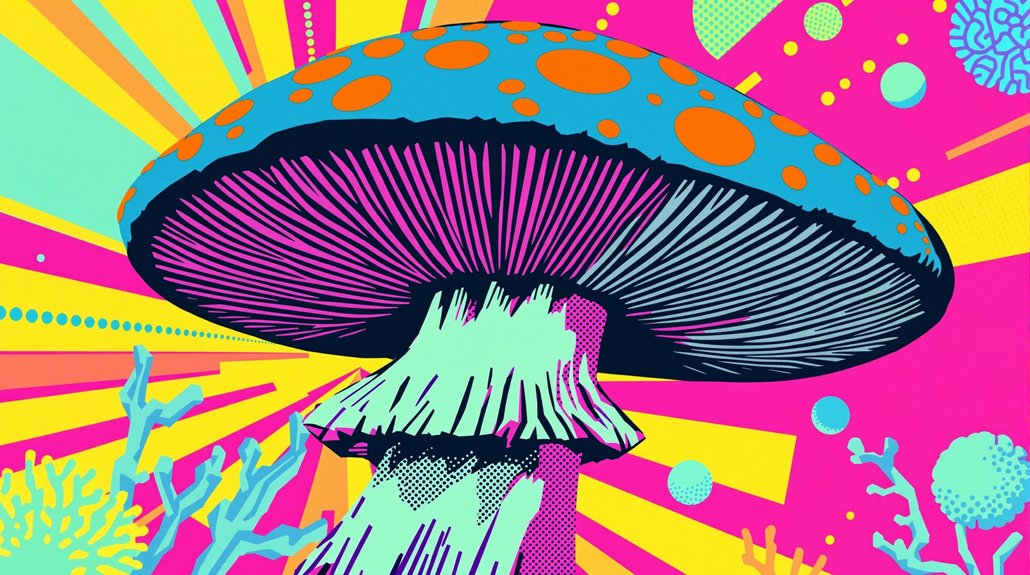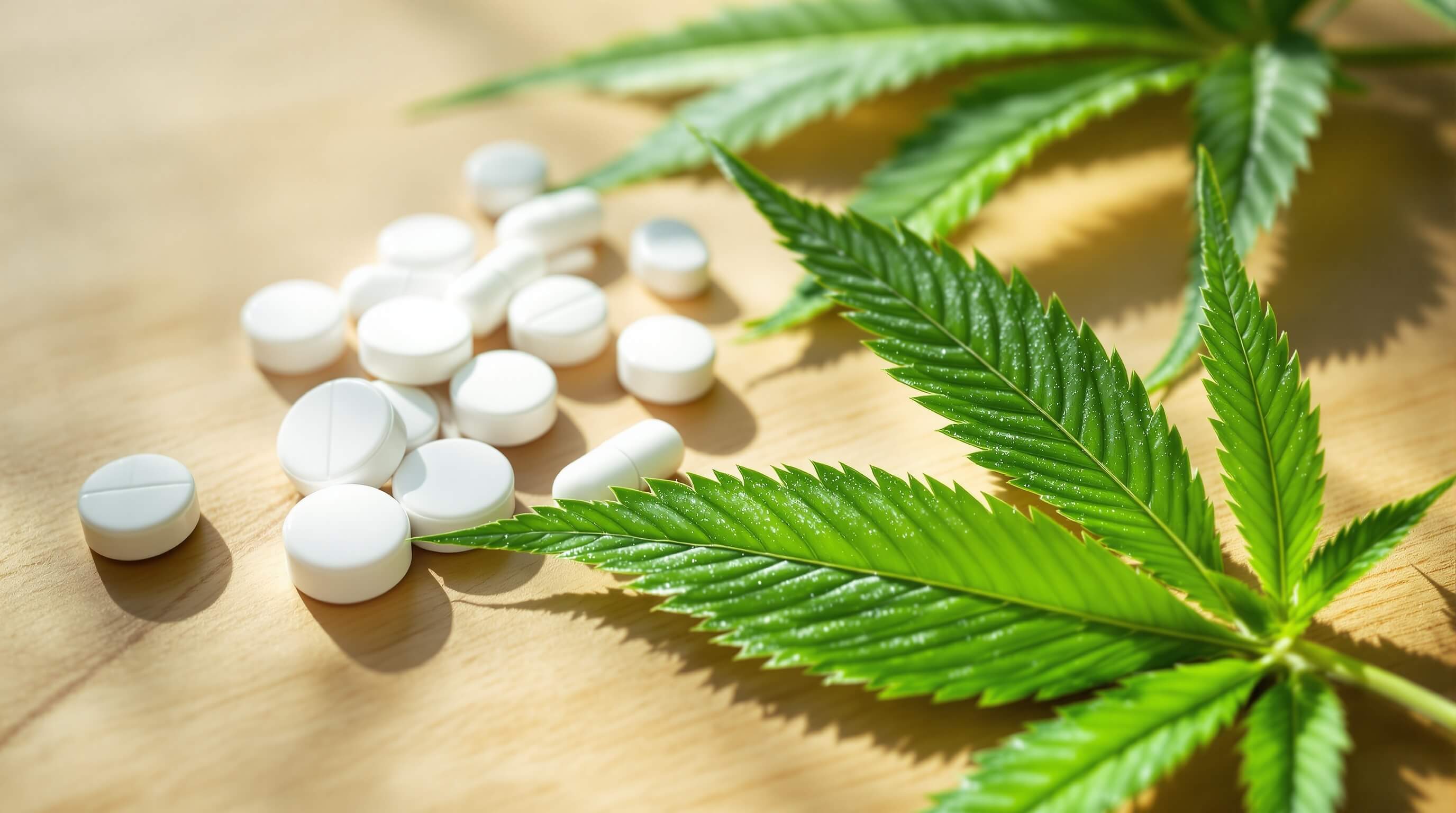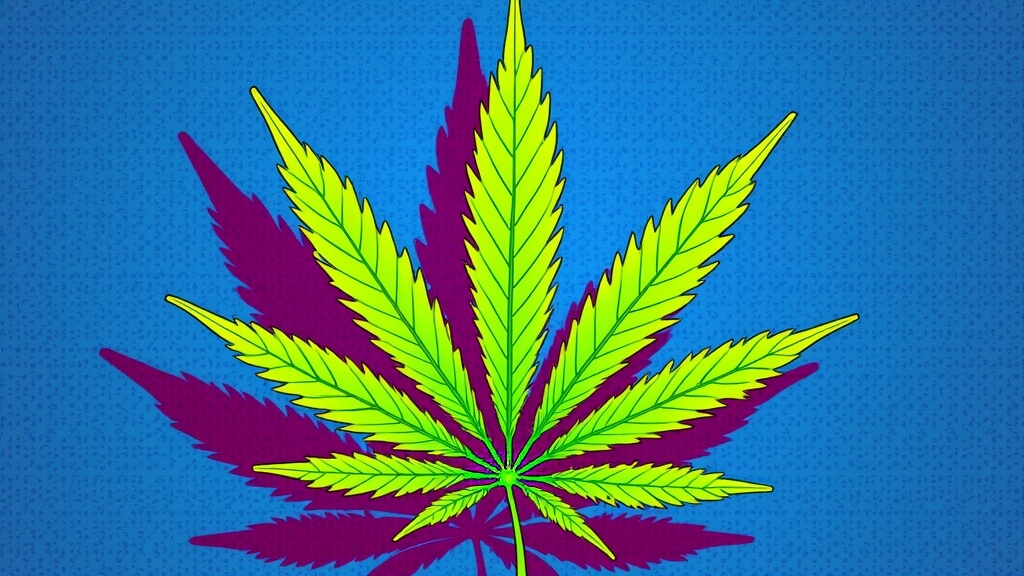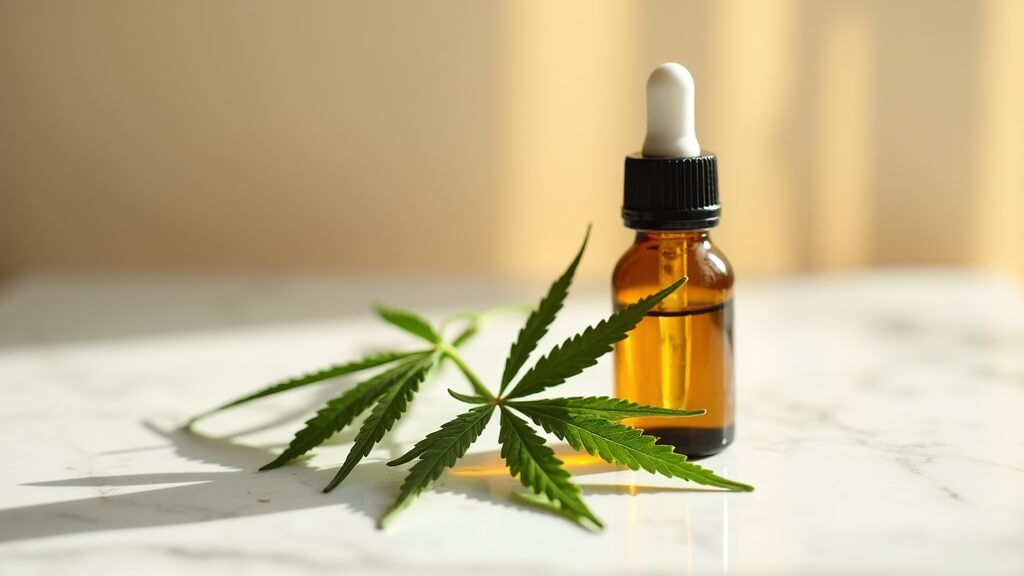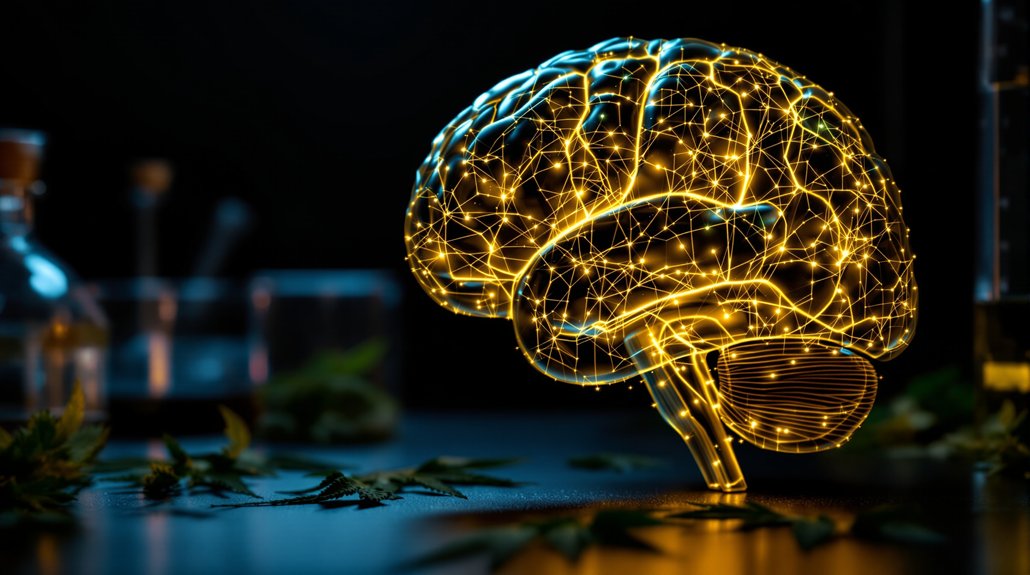While conventional treatments for obsessive-compulsive disorder often require months to show meaningful results, emerging research suggests psilocybin may offer rapid symptom relief within hours. A groundbreaking clinical trial involving nine treatment-resistant OCD patients has documented dramatic improvements that caught researchers off guard.
The open-label study administered sequential doses ranging from 25 μg/kg to 300 μg/kg, with results that defied expectations. Within 24 hours of dosing, patients experienced symptom reductions between 23% and 100% on the Yale-Brown Obsessive Compulsive Scale. Eight out of nine participants reported at least 25% improvement, while six achieved the significant 50% reduction threshold.
What makes these findings particularly striking is the durability of effects. One patient remained in complete remission six months after a single dose. Others maintained benefits for weeks to months, far exceeding psilocybin’s brief presence in the body. This persistence suggests fundamental changes in brain function rather than temporary chemical alterations.
Safety profiles proved reassuring for a compound often viewed with skepticism. Only mild, transient hypertension appeared as a side effect, resolving within six hours. No serious adverse events occurred during or after treatment sessions. Researchers emphasize these outcomes occurred within supervised clinical settings with proper psychological support.
Scientists theorize multiple mechanisms could explain psilocybin’s rapid action. Enhanced serotonin transmission likely plays a central role, given OCD’s connection to this neurotransmitter system. The drug may also modulate activity in cortico-striato-thalamo-cortical circuits and the orbitofrontal cortex, brain regions heavily implicated in obsessive-compulsive symptoms.
Increased neuroplasticity represents another promising avenue. Psilocybin might catalyze adaptive changes in metacognition while potentially down-regulating certain serotonin receptors. Some researchers suggest the acute transcendental experiences themselves contribute to sustained psychological well-being.
Current limitations include the small sample size and open-label design. Larger randomized, double-blind, placebo-controlled studies are underway at Yale and other institutions to validate these preliminary findings. These trials employ active placebos like niacin for better blinding and extend follow-up assessments to 12 months. The comprehensive screening procedures include standardized assessments as well as medical evaluations to ensure participant safety.
The research timeline reflects symptoms improving within hours rather than the weeks or months typical of conventional OCD treatments. Brain imaging studies are tracking neural connectivity changes alongside standardized symptom measurements to understand psilocybin’s biological fingerprint. Researchers have created supportive environments with clinical facilitators to optimize the therapeutic setting during drug administration.
While questions remain about long-term safety and ideal dosing protocols, early evidence points toward psilocybin as a potential rapid-acting therapy for treatment-resistant OCD. The compound’s ability to trigger lasting relief from a single session could reshape therapeutic approaches for this debilitating condition.
